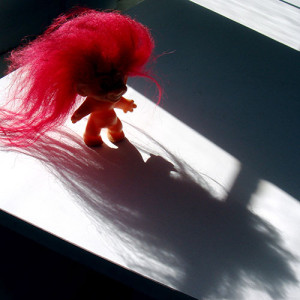Now a company called Wyncomm is suing broadcasters who use HD Radio, along with car manufacturers who sell installed HD receivers, for allegedly infringing on a patent for “Side-Channel Communications in Simultaneous Voice and Data Transmission.” That patent was originally granted to AT&T in 1996, and is now owned by Wyncomm, which says a company called Delaware Radio Technologies is the exclusive licensee.
Curiously, Wyncomm has chosen not to sue iBquitity the company that owns and licenses HD Radio technology. As John Anderson observes, “the fact that iBiquity dodged this bullet is telling about the actual merits of the case.”
Anderson also argues that “iBiquity itself is subverting patent law to keep its technology perpetually proprietary.” While HD Radio is covered by several patents, the HDC audio encoding algorithm (codec) is undocumented. “Effectively,” he says “HDC is a black box that cannot be pierced by any means,” even though it has been chosen as the only FCC-approved standard for digital broadcasting, and is under consideration as the future standard for the entire AM dial.
HD Radio manufacturers and broadcasters, standing alongside podcasters, have the chance at some relief this week. The House of Representatives will vote on the Innovation Act (HR 3309), which the Electronic Frontier Foundation calls “the best troll-killing bill we’ve seen so far.” The bill passed the Judiciary Committee with strong bi-partisan support.
Committee chair Rep. Bob Goodlatte (R-VA) is a strong supporter of the Innovation Act and has published an animated video that tries to explain in plain language why patent trolls are bad and patent reform is good.
Broadcasters, podcasters and other trolling victims will certainly be crossing their fingers, and calling their Congresspeople.




